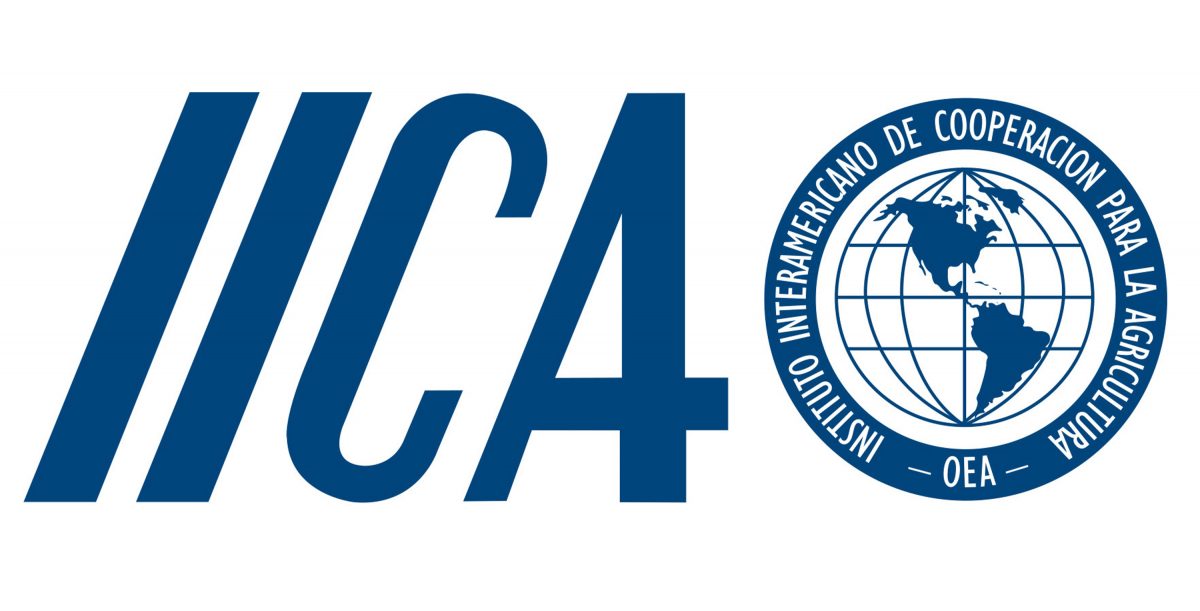With efforts by Caribbean agro-processors to maximise access to intra- and extra-regional markets falling short of expectations largely on account of failure to meet extra-regional consumer packaging and labelling requirements, the Inter-American Institute for Cooperation on Agriculture (IICA) is taking steps to remedy this shortcoming by offering training in countries in the region whose export markets may be seriously threatened by below par packaging standards.
While local agro-processors have consistently secured good grades for product quality, many of them have told the Stabroek Business that they have missed out on what seemed to be potentially lucrative external markets on account of receiving low ratings for their packaging and labelling quality.
Cognizant of the need for the region to raise its game in these areas if manufacturers’ produce is to meet international entry requirements for extra-regional markets, IICA, on August 27th last, initiated what a regional report described as a “capacity-building initiative titled ‘Food Packaging and Labelling Regulations for CARICOM Markets’.”
Guyana is named as one of six countries in the region targeted to benefit from this capacity-building exercise.
An October 4 Trinidad Express report says that the project, through IICA’s International Trade and Regional Integration Programme, will see the countries benefiting from specific national capacity-building activities designed to address their particular weaknesses. The report says that the project will also include support for testing of products, another measure that is critical if regional products are to enhance external market access.
Meanwhile, participants will also benefit from instructions in e-commerce facilitation and networking as well as an exercise aimed at connecting producers and buyers through a virtual trade forum which will be held from November 10 to 12 this year.
IICA Agricultural Health & Food Safety Specialist, Dr Lisa Harrynanan, has reportedly noted that the issue of packaging and labelling remains a major impediment for regional small-scale producers insofar as many of them are unaware of the requirements of the various markets which they target for export. She said that the information that will be shared through the IICA initiative will better position export-ready producers to access external markets.
The IICA initiative will, hopefully, be welcomed by the local agro-processing sector, which over several years have been hamstrung by a scarcity of high-quality packaging and labelling materials. Local manufacturers in the micro- and small-business sectors have also been found to be deficient in their knowledge of the rules of packaging and labelling as these apply to various countries targeted for exports. Sub-standard packaging and labelling has also been attributed to the high cost of the requisite material which, frequently, is beyond the budgetary means of the large numbers of micro and small businesses involved in the local agro-processing sector.
Local small businesses that have been interviewed by the Stabroek Business have frequently listed packaging and labelling challenges arising chiefly out of the high costs associated with these pursuits as being among their biggest impediments to accessing both the international market and sections of the local market. Given what, in recent years, has been the significant upgrading in the standard of local supermarkets and the appearance here of a few foreign franchises, local producers are now under even greater pressure to raise packaging and labelling standards.
Back in August, the state-run Guyana Marketing Corporation (GMC) launched what it said was the country’s first agri-business incubator which it promised “will provide advice on the processing and packaging requirements in keeping with standards accepted globally.”





